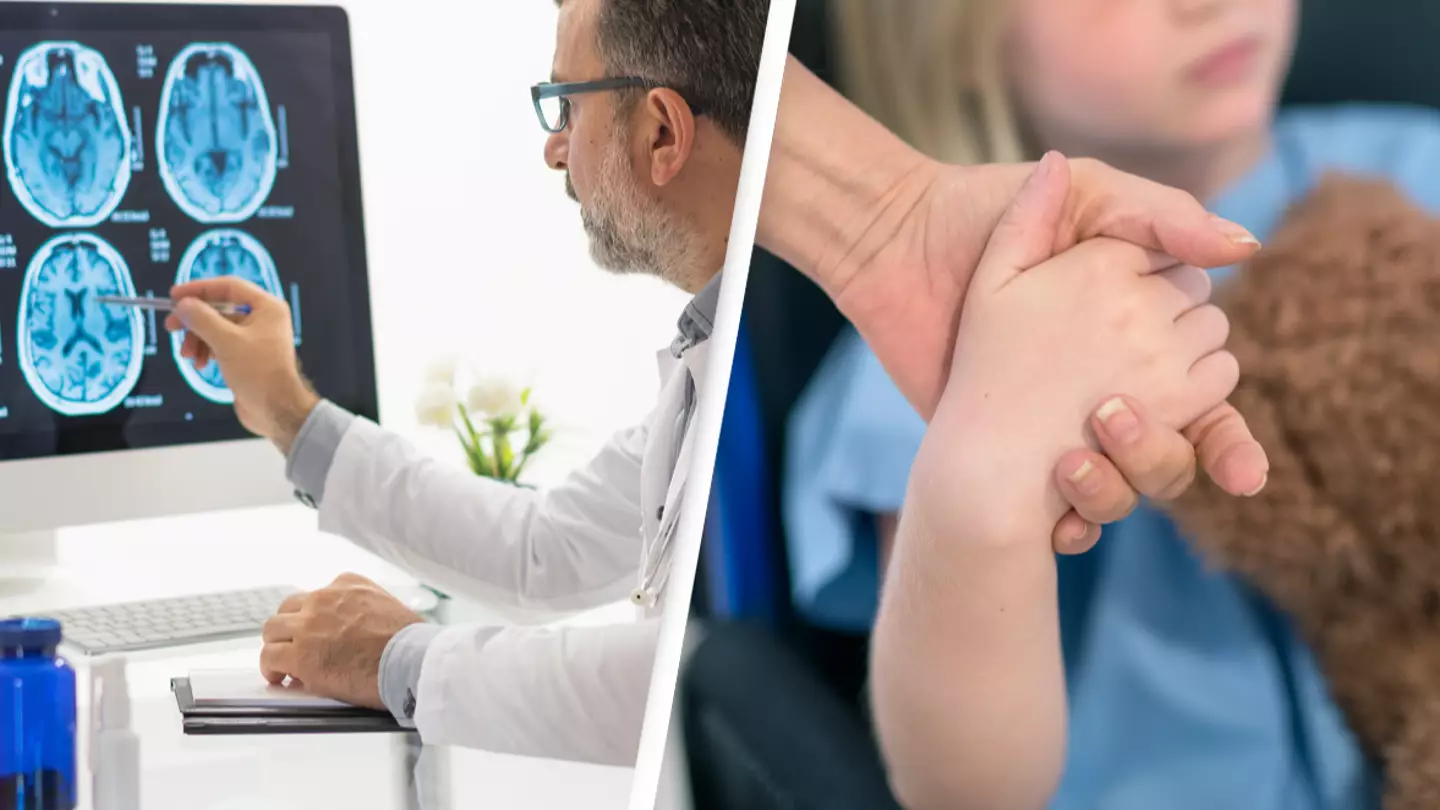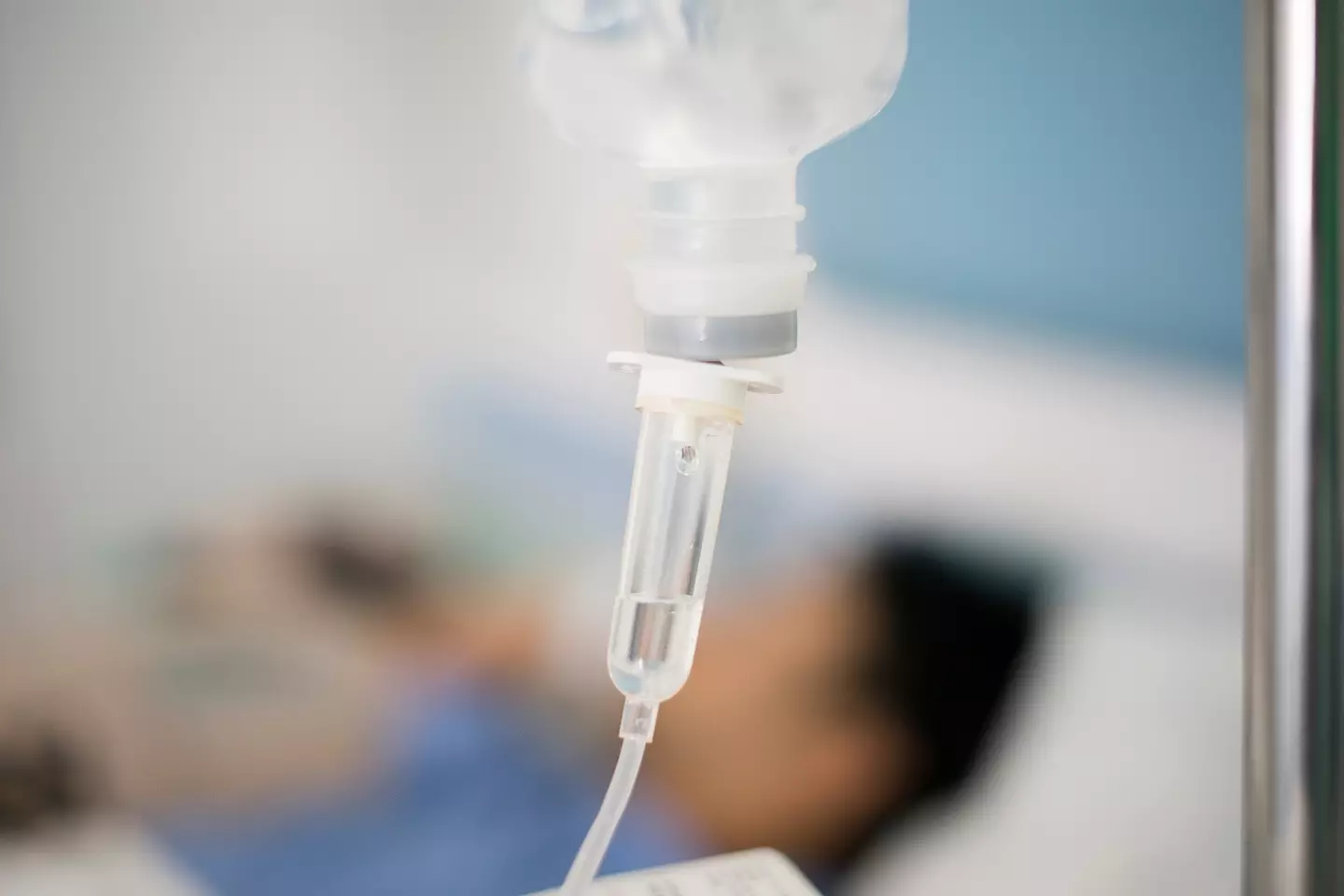
Doctors have been able to cure a boy who had been suffering with a rare and aggressive form of cancer.
Lucas Jemeljanova was only six-years-old when he was diagnosed with a form of cancer called diffuse intrinsic pontine glioma (DIPG).
This is a rare and aggressive type of cancer affecting the brain, and statistically kills 98 percent of patients within five years of their initial diagnosis.
Meanwhile, children who are diagnosed with the condition are normally expected to live between nine and 12 months.
Advert
But Lucas has defied expectations, and has now made a recovery from the condition.
Previously the only treatment that medics have been able to offer for this particular kind of cancer is radiotherapy.
Lucas, from Belgium, travelled to France with his parents, where he was enrolled in the study Biological Medicine for DIPG Eradication (BIOMEDE).
This was a study which was started in 2014, and was hinged around testing the effectiveness of three cancer drugs - erlotinib, everolimus, and dasatinib.
Advert

A crucial part of this study saw researchers extracting a tiny fragment of each patient's tumour using a needle.
This was then analysed and used to build up a clearer picture of each patient's unique biological make-up and needs.
As a result, they were able to assign the drug, which they thought would be most effective for each given patient, with Lucas being given everolimus.
Advert
But in an extraordinary development, Lucas' tumour eventually completely disappeared.
There were seven other children who were included in the trial who saw their tumours shrink and their life expectancy increased.
However, Lucas was the only person in the experiment who saw his tumour disappear completely.
Doctor Jacques Grill treated Lucas during his time on the programme, and was astonished by the result.
Advert
He said: "I don't know of any other case like him in the world."

Grill told AFP: "Over a series of MRI scans, I watched as the tumour completely disappeared.
"I don't know of any other case like him in the world."
Advert
The drug everolimus had never been used in the treatment of DIPG before. It works by blocking a protein called mTOR, which is involved in the division and growth of cancerous cells.
However, doctors do believe that Lucas' particular biology may have been a factor in his recovery.
Nonetheless, researchers are hopeful of what his recovery may mean.
Researcher Marie-Anne Debily told AFP: “Lucas’ case offers real hope. We will try to reproduce in vitro the differences that we have identified in his cells.”
Topics: News, World News, Cancer, Health
